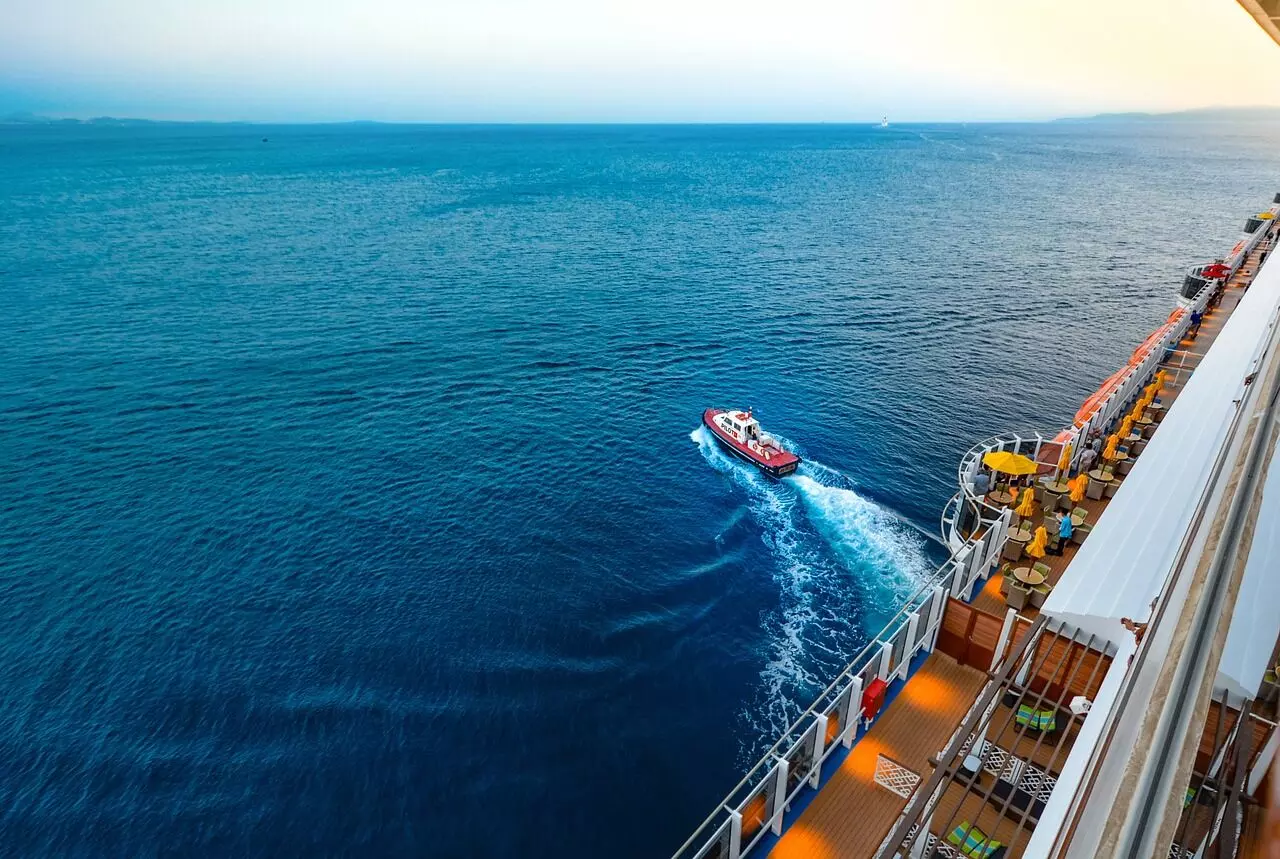Charting new waters

During the three-day meeting of the Supreme Audit Institutions-20 (SAI20) — an engagement group established under India's G20 Presidency — last month, Comptroller and Auditor General of India Girish Chandra Murmu highlighted the growing importance of the blue economy as a priority area. He emphasized that SAIs must align themselves with national priorities and efforts by tracking the progress made in this crucial sector. The blue economy, characterized by India's vast coastline and maritime resources, holds immense significance for the country's development and prosperity. The blue economy refers to the sustainable use and conservation of ocean resources for economic growth, livelihoods, and environmental well-being. It encompasses various sectors and activities related to the ocean, including fisheries, aquaculture, maritime transportation, tourism, renewable energy, biotechnology, and marine research. The concept recognizes the immense economic potential of the ocean and aims to balance economic development with environmental sustainability. The blue economy also promotes responsible practices, ecosystem preservation, and equitable distribution of benefits derived from ocean resources. With a coastline stretching over 7,500 km, an extensive network of 14,500 km of navigable waterways, and 212 active ports, India heavily relies on the Indian Ocean for various purposes such as commercial and non-commercial shipping, energy importation, trade, tourism, and fishing. In fact, India exports to 18 countries in the region and imports from several others. To tap into the immense potential of the blue economy, India has formulated comprehensive plans and strategies. Based on the principles of inclusiveness, collective action, and respect for international law, one such initiative is the Security and Growth for All in the Region (SAGAR) programme. Under this vision, India aims to enhance maritime cooperation with its neighbouring countries and ensure the safety and security of the Indian Ocean region. Another noteworthy scheme is the Pradhan Mantri Matsya Sampada Yojana, which focuses specifically on the fisheries sector. This ambitious programme aims to boost fish production, enhance infrastructure for fish processing and storage, and promote sustainable aquaculture practices. Furthermore, the Maritime India Vision 2030 is a comprehensive roadmap and strategic plan aimed at developing and harnessing the full potential of the country's maritime sector. It envisions to establish India as a leading maritime nation, both regionally and globally, by the year 2030. The vision outlines key objectives and strategies across multiple dimensions of the maritime sector, encompassing port-led industrialization, coastal community development, sustainable coastal tourism, maritime security, and skill development. However, despite the promising prospects, India also faces several challenges in realizing the full potential of its blue economy. As the blue economy expands, there is a risk of overfishing, habitat degradation, and pollution. Considering that preservation of the health of the ocean ecosystem is an inherent aspect of the blue economy, India must prioritize responsible and sustainable practices, ensuring the long-term health and preservation of its marine resources. At a time when the world is battered by negative consequences of climate change, it is only an accurate balance that can establish India as a global leader in this sector. Furthermore, infrastructure development and connectivity are other areas that require appropriate attention. While India boasts of an extensive coastline and numerous ports, there is a need for continuous investment in port infrastructure, hinterland connectivity, and logistic efficiency. Improving these aspects will not only enhance trade and shipping capabilities but also facilitate the growth of coastal communities and boost economic development. Additionally, geopolitical dynamics and competition in the Indian Ocean region — particularly from China — present challenges for India's blue economy. The region is witnessing increasing strategic interests from various global players. India must navigate these complexities, establish cooperative relationships with all nations, and protect its maritime interests to harness the full potential of its waters. To sum up, India's blue economy holds immense promise for the country's economic growth, job creation, and sustainable development. Through well-intended initiatives, infrastructural push, and constant engagement with global powers and small littoral nations, India can certainly establish itself as a major player in this crucial sector.



